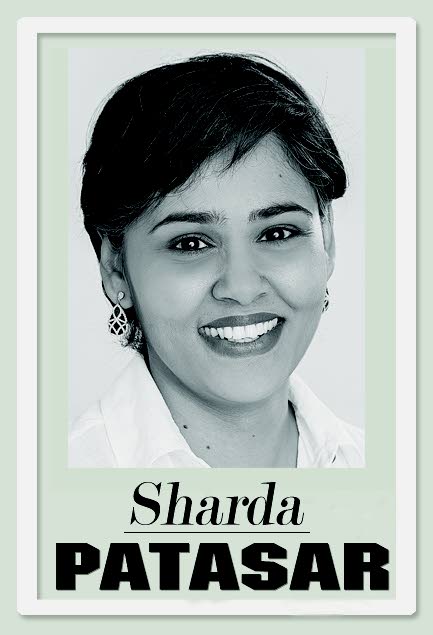Getting the awards right

Last week, a controversy erupted on Facebook, much to my consternation. I listened to the parties involved when I phoned (my idea of a conversation is not Facebook). Sometimes we are not aware that the very right we are fighting for turns us into the thing that we are fighting against. Many empowerment fights – whether gender rights, sexual orientation, culture – pivot dangerously on becoming bullying and in some cases tyrannical. Social media furthermore, provides a faster and open platform for the spread of misinformation. Issues that could have been respectfully managed can easily be blown out of proportion.
The fight surrounded a particular award by the Youth Government of TT. The awards function was held at the Queen’s Hall. The body, as far as my information goes, is not affiliated with the government, or more specifically "the PNM," if the Newsday report is accurate. (See Youth Govt seeks to be a powerful platform, September 9).
Some award-winners evidently were not clear on this and the controversy sparked by the award for best East Indian classical dance moved from accusing the Ministry of Community Development, Culture and the Arts to the Ministry of Sport and Youth Affairs for not educating themselves enough about the forms. According to my information, neither was involved.
And so I ask, for my own clarification, who is the Youth Government of TT? And what is its role and function?
This is one issue. The other had to do with the matter of how we define different musical and dance forms. The disagreement that ensued had to do with a practitioner of an East Indian classical dance form feeling that to give the award to someone who is primarily a Bollywood dancer, and not a practitioner of the classical form, was upsetting and unfair.
A part of the accusation was aimed at the award-winner – and this is where writing sabotages the intentions we try to keep hidden – which I agree, was uncalled for. This is where we often lose sight of the issue at hand when egos become involved. And often, this is where we begin to trample on the rights of others in the fight for what we see as our own rights.
Of course others jumped in on this and the mini war of classical and popular began.
While Facebook was not the most appropriate forum to carry on a scuffle, it nevertheless brought out an important issue for the national community. If the Youth Government is indeed interested as it claims, in forging a future, and intends to do so via harnessing the power of its youth, then this is actually one of the issues that needs to be addressed. And I quote an incident to highlight the point.
Years ago my father was chosen for an award for chutney music. My mother was livid and said in no uncertain terms that he was not to attend.
“You do not play chutney music! It is disrespectful that they can’t even find out,” she railed.
On this matter I cannot disagree with her. The accurate or at least close to accurate classification matters because it matters to practitioners.
One would hardly dare to call Pavarotti a pop singer, even if he was known to cross over. We will still refer to him as an opera singer, since his training was primarily opera.
I am sure, should a calypsonian of the past have been given an award for soca, hell would have broken loose, given the objections to and views on soca in its formative years. I remember listening to the calypsonian Short Pants at Talk Tent a number of years ago, reciting the year’s latest soca as poetry. The result was hilarious. Stripped bare of its music and driving rhythm, there was hardly anything but "Jump up and wave," recited in various modulations of voice.
As recently as last week, at the National Poetry celebration held at Nalis by the Circle of Poets, there was a discussion on spoken word, how we define it and the need to define it properly, because our oral forms of poetry, one poet remarked, are all spoken word.
Most musical movements have had problems of definitions. In some instances, like this one, it feels like we continue to be lazy and dismissive about some of our art forms.
The issue here is, should we continue to resign ourselves to the idea that awarding bodies do not have the knowledge? Or do we ensure that they get it right? And how do we do this respectfully? If we are serious about change, then respect should be a main ingredient on the part of all parties concerned.


Comments
"Getting the awards right"